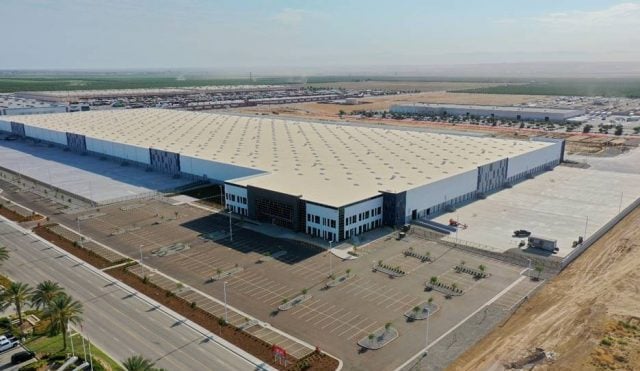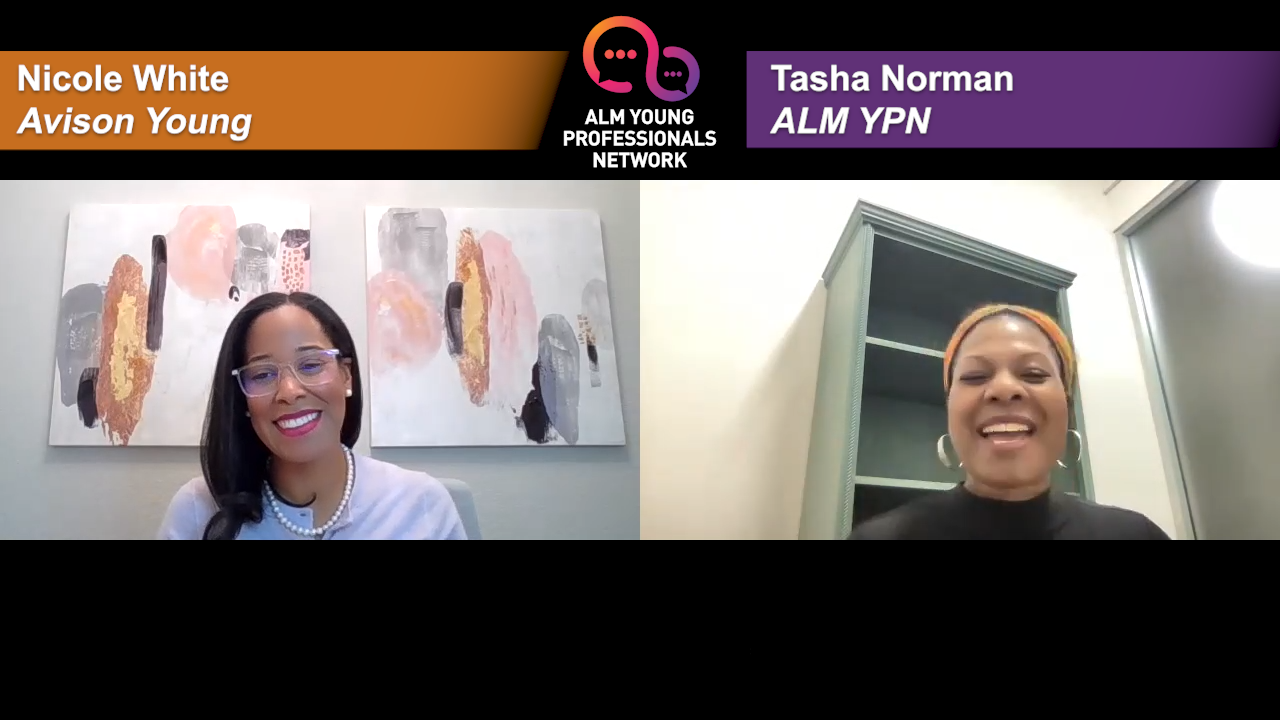SAN DIEGO—While San Diego's tech scene is still in its infancy stage compared to the likes of Silicon Valley, it remains a Smart City and one of the best regions for technology and business start-ups, JLL SVP Tim Olson tells GlobeSt.com. According to the firm's recent tech report, San Diego is part of a cluster of US cities considered to be "growth markets" for technology firms. The report also said for tech as a percentage of local leasing, San Diego is eighth highest of all major markets; San Diego has two mega/large-cap technology headquarters, Qualcomm and the North American headquarters of Sony Electronics; and San Diego ranks approximately in the middle of all major markets for VC funding. JLL's locator matrix shows that San Diego placed in the quadrant of low-cost/high start-up opportunity, a sweet spot for young companies; and Lumedyne and Fitbit are looking for space in San Diego.
In 2014, San Diego was chosen by Forbes as the best city to launch a startup, for its strong technology sector, local innovators, green practices, smart public planning and an unparalleled quality of life, Olson says. Other selection factors included San Diego's size of population, demographics/cultural diversity, livability, economy and business climate, educational institutions, leadership and a strong sense of community.
In addition, National Geographic Channel's "World's Smart Cities: San Diego" documentary is an unprecedented exploration of San Diego as the 8th-largest US city where technology, talent and innovation create a new urban environment—one that will emerge as a leading city in the 21st Century, Olson says. We spoke with him exclusively about the region as it compares to other major tech markets, its strengths and weaknesses and what you should know about it.
GlobeSt.com: How does San Diego as a tech growth market really stack up against Silicon Valley and other major tech markets?
Olson: San Diego's tech scene is still in its infancy stage compared to the likes of Silicon Valley. San Diego does not yet have a deep bench of large tech companies and mega-successful entrepreneurs that call San Diego home, except for Qualcomm. San Diego is getting more notoriety as not only an incredible city to live in, but as a Smart City (thanks to the National Geographic special) and a top city for technology/business startups.
GlobeSt.com: Where can it claim an edge over those markets?
Olson: San Diego's life science and defense technology clusters are some of the strongest in the nation. The success of these industry segments is proof that San Diego is and will continue to be a growing tech market. Forbes' 2014 declaration of San Diego as the "best city to launch a startup" is also validation for San Diego's future growth in the tech startup arena, which will hopefully fuel future growth.
GlobeSt.com: In which areas could it stand to improve?
Olson: San Diego as a city needs to lure tech companies like Facebook, Apple and Google in order to bolster its tech scene. The venture-capital spending in the life science/biotech arena in San Diego is strong, having received $600 million of the $1.2 billion of venture dollars that were placed in San Diego in the last 12 months. In contrast, software in San Diego only received $242 million in the last 12 months (compared to $14 billion in Silicon Valley, and over $3 billion in L.A./Orange County). San Diego has not had a major tech company success that has resulted in the spin-off of major new companies like Silicon Valley and L.A. have experienced. The big successes help drive new company growth and venture spending. With the lack of venture funding attention, it makes it challenging for San Diego tech companies to grow like they can in some other markets.
GlobeSt.com: What else should our readers know about San Diego's tech growth?
Olson: Right now, there is a tremendous opportunity for tech companies to capitalize on the recent layoffs in the technology industry that San Diego has experienced. A wealth of talent has been "let go" from Qulacomm, Broadcom and Microsoft (formerly Nokia in San Diego), and these individuals are well-positioned to start new companies or be hired by other San Diego firms. San Diego's tech industry has a huge runway for growth, and we are excited to see what the future has in store.
© 2025 ALM Global, LLC, All Rights Reserved. Request academic re-use from www.copyright.com. All other uses, submit a request to [email protected]. For more information visit Asset & Logo Licensing.







